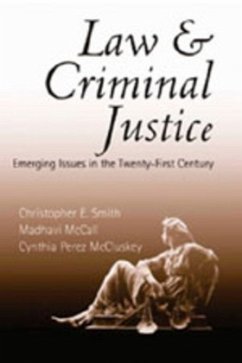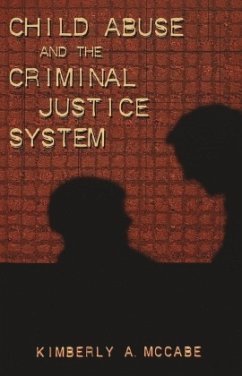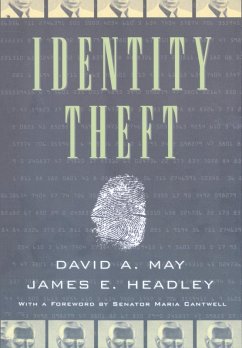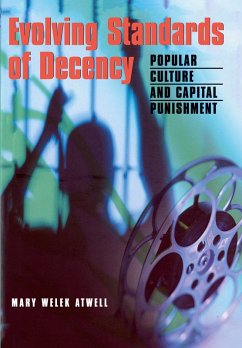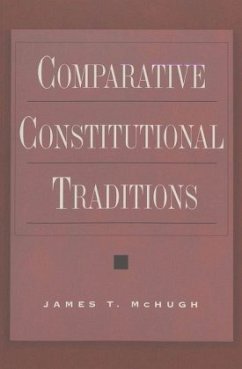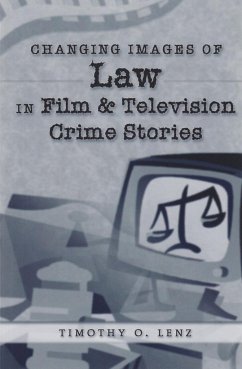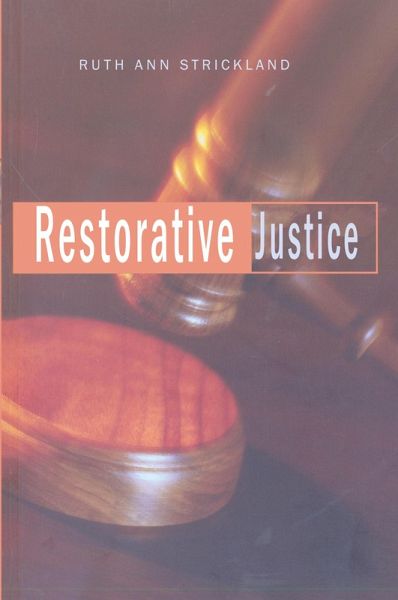
Restorative Justice
Versandkostenfrei!
Versandfertig in 6-10 Tagen
24,80 €
inkl. MwSt.

PAYBACK Punkte
0 °P sammeln!
Restorative justice, employed in both ancient and modern societies, is designed to repair the harm that a criminal offense inflicts on victims, offenders, and communities. Today, backlogged court dockets, dissatisfaction with the adversarial process, and overcrowded prisons have incited a necessary discussion of alternatives for dealing with the accused and the convicted. This book examines how restorative justice works - promoting healing by emphasizing the restoration of victims' emotional and material losses, creating forums for negotiation, problem-solving, and dialogue between affected pa...
Restorative justice, employed in both ancient and modern societies, is designed to repair the harm that a criminal offense inflicts on victims, offenders, and communities. Today, backlogged court dockets, dissatisfaction with the adversarial process, and overcrowded prisons have incited a necessary discussion of alternatives for dealing with the accused and the convicted. This book examines how restorative justice works - promoting healing by emphasizing the restoration of victims' emotional and material losses, creating forums for negotiation, problem-solving, and dialogue between affected parties, and empowering communities and victims by inviting their participation. Restorative Justice discusses the method's beneficial and detrimental effects on, and implications for, defendants, victims, the courtroom workgroup, corrections and the community.



